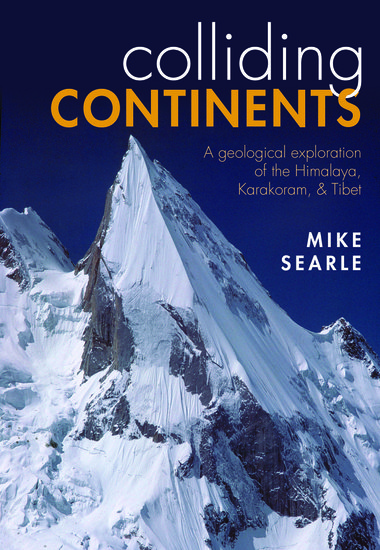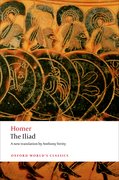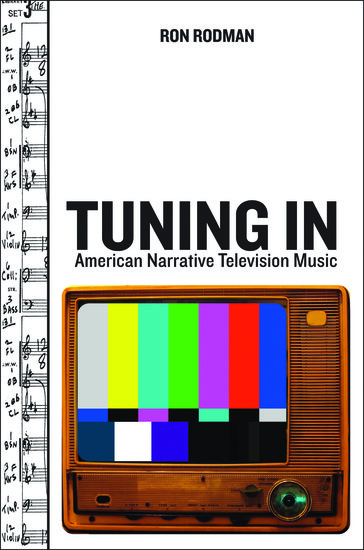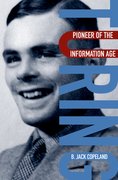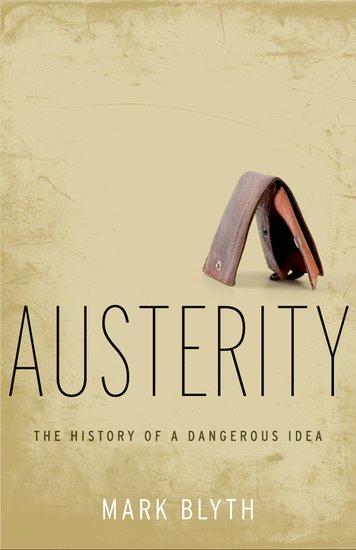When in Rome, swear as the Romans do
What’s the meaning of the word irrumatio? In Ancient Rome, to threaten another individual with irrumatio qualified as one of the highest offenses, topping off a list of seemingly frivolous obscenities that — needless to say — did not survive into the modern era.




